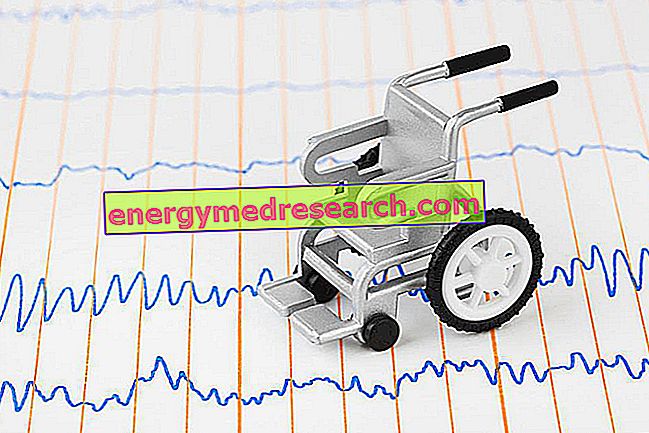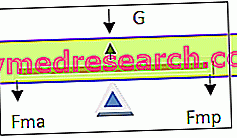
Muscular dystrophies are genetic diseases, very often also hereditary, that cause a gradual weakening of the body muscles and a progressive disability. At their origin there are one or more mutations of genes having a fundamental role in the correct development and proper functioning of the muscular apparatus.
Different forms of muscular dystrophy - in particular the known Duchenne muscular dystrophy and Becker muscular dystrophy - also compromise the good health of the myocardium, or the particular muscle tissue that constitutes the heart, leading to the onset of dilated cardiomyopathy .
Cardiomyopathies are pathologies of the heart, characterized by an anatomical modification of the myocardium followed by a functional alteration. The cardiac organ, in fact, becomes weak and less effective in its blood pumping action.
The term dilatation refers to the dilation to which the left ventricular cavity meets and the thinning of the latter wall.
The typical symptoms of dilated cardiomyopathy due to muscular dystrophies consist of dyspnea (ie shortness of breath), chest pain, sense of fatigue, recurrent fatigue, irregular heart rhythm (arrhythmias) and lower limb edema.
In the more advanced stages of the disease, the functionality of the heart is definitively compromised: in fact, a serious state of heart failure is established, which can lead the patient to death.


